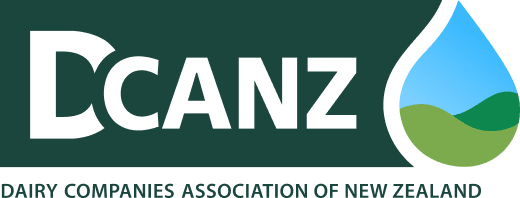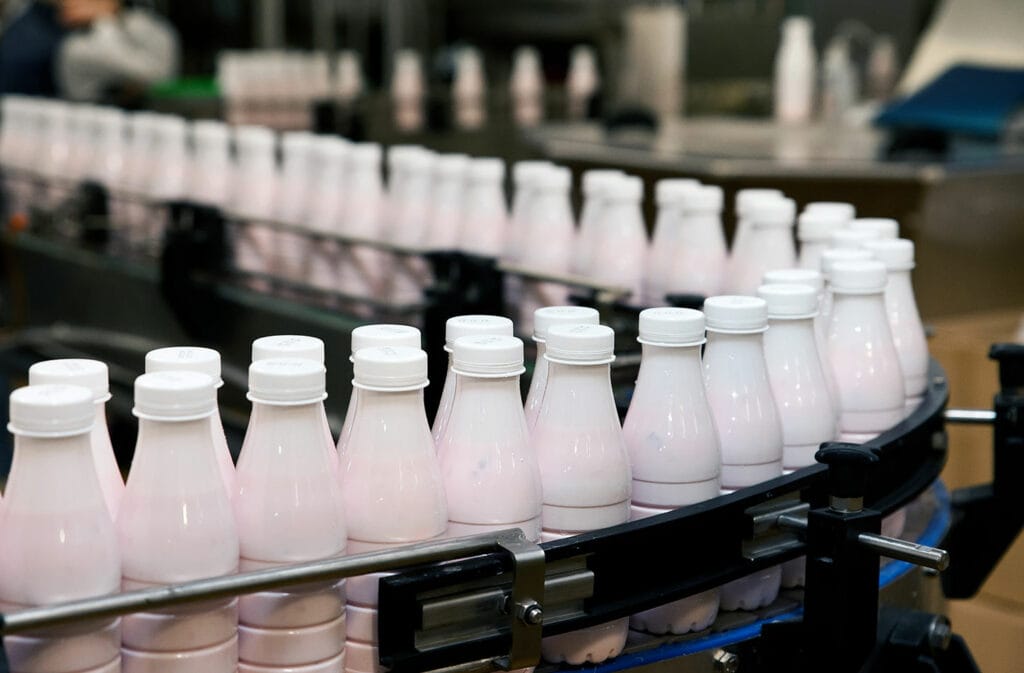An international coalition of dairy organisations, including the Dairy Companies Association of New Zealand (DCANZ), has called on Trade Ministers to pursue all available avenues, including WTO dispute settlement, to bring an end to Canada’s new and harmful dairy policies.
The ten organisations from New Zealand, Australia, Argentina, the EU, Mexico and the US, are fighting for the removal of Canada’s recently implemented ‘Special Milk Class 7’ policies. These policies are facilitating the unfair export of highly subsidised Canadian dairy products onto global dairy markets, and at the same time increasing Canada’s barriers to dairy imports.
“The impact of these policies on international markets is already being seen. Exports of low priced Canadian skim milk powder grew by 273 percent in the first four months of this year” says DCANZ Executive Director Kimberly Crewther.
Canada implemented its special milk Class 7 pricing policies in February 2017 to artificially lower milk ingredient prices for Canadian dairy processors. These polices are designed to push Canada’s skim milk powder surpluses onto global dairy markets at low prices that are significantly below Canada’s cost of production. They are also designed to incentivise the use of domestic dairy ingredients over imported products.
“Canada’s new dairy policies fly in the face of its international trade commitments” says Crewther.
A WTO dispute proceeding was successfully taken against Canada, by New Zealand and the US, in 1997. The result was a restriction on the export of dairy products from Canada whilst it maintained the highly subsidising system of dairy supply management. The new special milk Class 7 policies are an attempt by Canada to circumvent previous WTO rulings.
“Canada cannot be allowed to take a pick ‘n’ mix approach to international trade rules when the ultimate result is economic harm to dairy producers in other countries” says Crewther.

